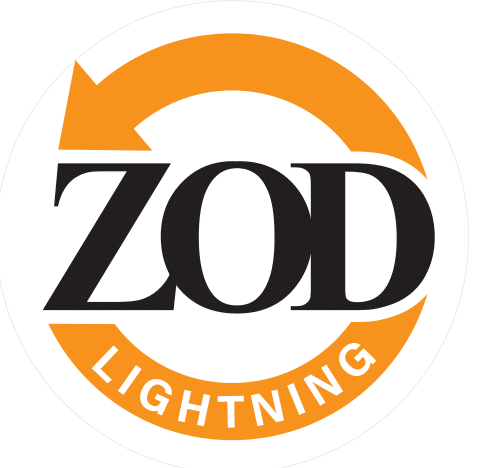Surge Protection Devices (SPDs)
Coordinated surge protection ensures safety of electrical, electronic, and communication systems. ZOD designs and installs Type 1, Type 2, and Type 3 SPDs in compliance with IEC 61643, protecting against transient overvoltages from lightning strikes, switching surges, and grid faults.
Why Surge Protection Devices?

Protect Equipment
Safeguards electronics, IT servers, and industrial controllers from damaging overvoltages.

Maintain Uptime
Prevents costly downtime by avoiding unexpected failures in sensitive systems.

Meet Compliance
Required by international standards (IEC 61643, IEC 62305) and often by insurers for risk-prone facilities.
Types of Surge Protection Devices

Type 1 — Lightning Current Arresters
Installed at the service entrance. Diverts partial lightning currents and high-energy surges into the grounding system.
- Required when an external Lightning Protection System is present
- High impulse current rating (10/350 μs)
- Protects main panels, switchboards, and building entry points
Type 2 — Surge Arresters
Placed in sub-distribution boards. Limits switching surges and residual energy passed from Type 1 SPDs.
- Impulse current rating (8/20 μs)
- Protects distribution circuits, UPS, HVAC, elevators
- Most common SPD type for general facility protection
Type 3 — Point-of-Use Devices
Installed close to sensitive loads and equipment. Protects against residual surges not caught by upstream SPDs.
- Low discharge capacity but very fast response
- Protects IT, telecom, medical, and lab equipment
- Often integrated into sockets, power strips, or rack units
Coordination of SPDs
SPDs must be installed in a coordinated manner for layered protection across the facility. Correct coordination ensures safe energy discharge and long-term equipment resilience.
Essential Coordination Elements
- Cascading — Type 1 → Type 2 → Type 3 to step down surge energy
- Separation Distance — Correct spacing between devices
- Decoupling Inductance — Use where required for proper coordination
System Integration
- Bonding — Equipotential connection with earthing system
- Signal Protection — Surge protection for power and data lines
- Monitoring — Remote monitoring and alarm contacts for critical SPDs
Applications of Surge Protection

Commercial Buildings
Protect lifts, HVAC, lighting systems, and office IT networks from surges.

Industrial Facilities
SPDs on automation controllers, drives, motors, and process sensors.

Healthcare & Data Centers
Safeguards critical life-support equipment, servers, and data storage from transient failures.

Telecom & Renewable Energy
Protects base stations, PV inverters, and wind turbines against lightning-induced surges.
Testing & Maintenance of SPDs
SPDs degrade over time due to repeated surges. Regular inspection and testing ensures continued safety:
Visual Inspection
Status indicators and physical condition checks
Thermal Checks
Thermal disconnect and temperature monitoring
Replacement
End-of-life or after major surge events
ZOD360™ Integration
Automatic reminders and digital maintenance logs
Standards & Compliance
SPD installations must comply with international standards for safety and performance:
IEC 61643-11
Requirements for SPDs connected to low-voltage power systems
IEC 61643-21
SPDs for communication and signaling networks
IEC 62305-4
Protection of electrical and electronic systems within structures
NFPA / IEEE Guidelines
Best practices for surge risk management and installation
Protect Your Systems with SPDs
Contact our engineers to design, install, or upgrade your surge protection plan. Ensure compliance and keep your operations running.
